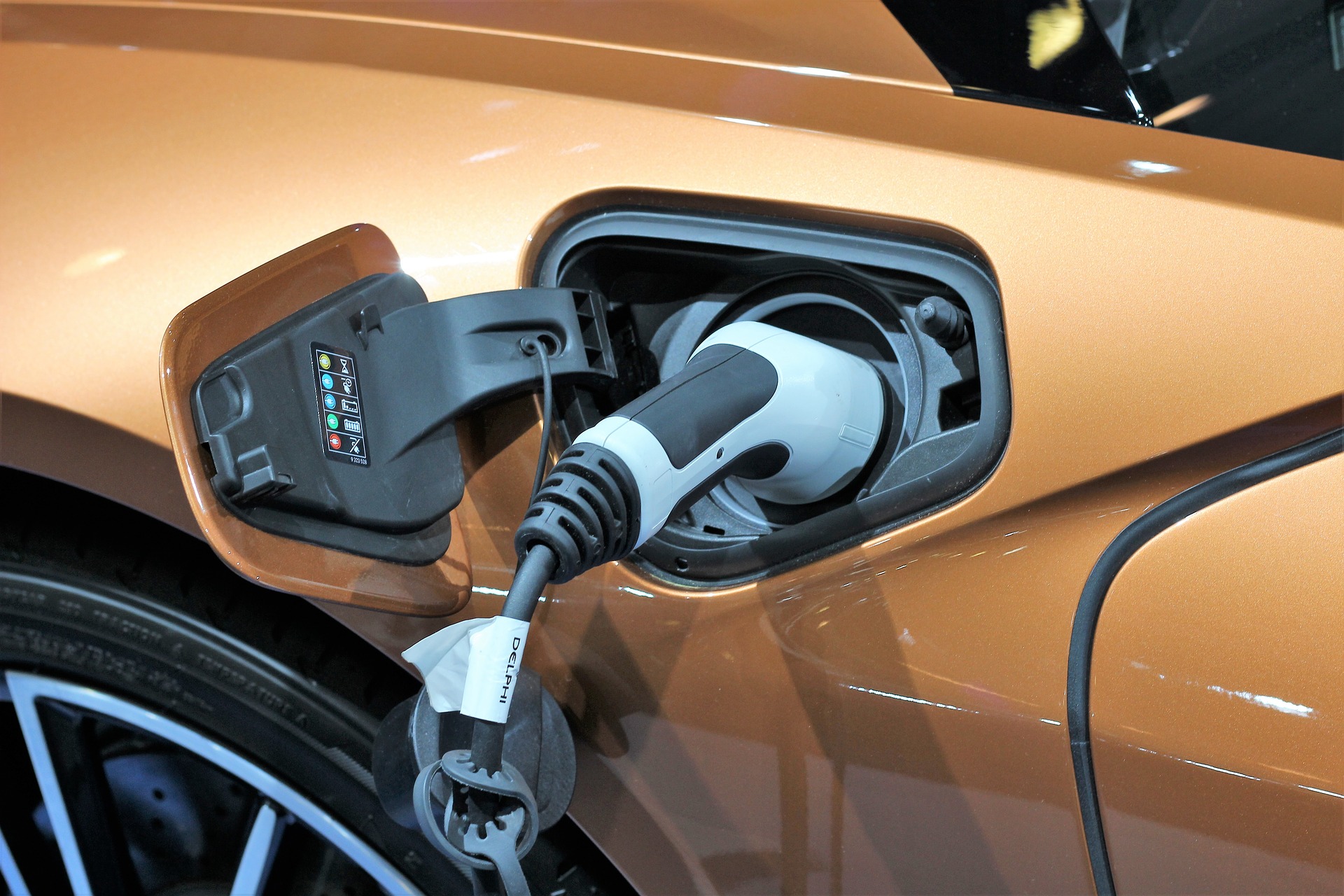
HMRC Greenlights Tax-Free Home Charging for Company Electric Vehicles!
25 Oct, 20232 minutesFor some time, HM Revenue and Customs (HMRC) held the stance that reimbursing employees for ...

For some time, HM Revenue and Customs (HMRC) held the stance that reimbursing employees for charging their company electric vehicles (EVs) at home, or any location other than the employer's premises, constituted part of their salary and was therefore taxable. However, recent developments indicate a shift in this long-standing policy, bringing good news for EV owners and employers alike.
A change in HMRC's interpretation
Previously, HMRC maintained that reimbursing employees for the costs associated with charging a company-owned electric car or van at a residential property did not qualify for exemption under Section 239 of the Income Tax (Earnings and Pensions) Act 2003 (ITEPA 2003). This section specifically provides an exemption for payments and benefits related to company cars and vans, covering various aspects such as vehicle repairs, insurance, and road tax.
However, following a comprehensive review of their position, HMRC has now conceded that reimbursing a portion of an individual's domestic energy bill, specifically used to charge a company vehicle, falls within the exemption provided by Section 239 of ITEPA 2003.
Implications of the new guidance
The revised stance from HMRC carries significant implications for both employees and employers. Notably:
- No Additional Tax Liability: With this updated interpretation, there will be no separate tax charge on benefits for employers who reimburse employees for the electricity costs associated with charging their company cars or vans at home.
- Demonstrating Electricity Use: The exemption hinges on the demonstration that the electricity was indeed utilised for charging the company vehicle. Employers will need to ensure that any reimbursement made towards the cost of electricity relates solely to the charging of their company car or van.
This shift in policy not only simplifies the taxation process but also encourages employees to opt for electric company vehicles. It aligns with the broader government objectives of reducing carbon emissions and promoting cleaner modes of transportation, bringing with it greater clarity and aligns with the growing trend toward eco-friendly and sustainable transport options.
For more information, contact a member of our tax advisory team at js.tax@jsllp.co.uk.


